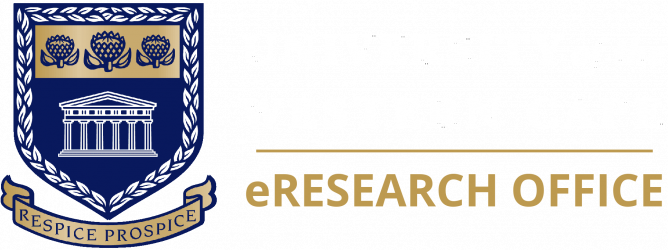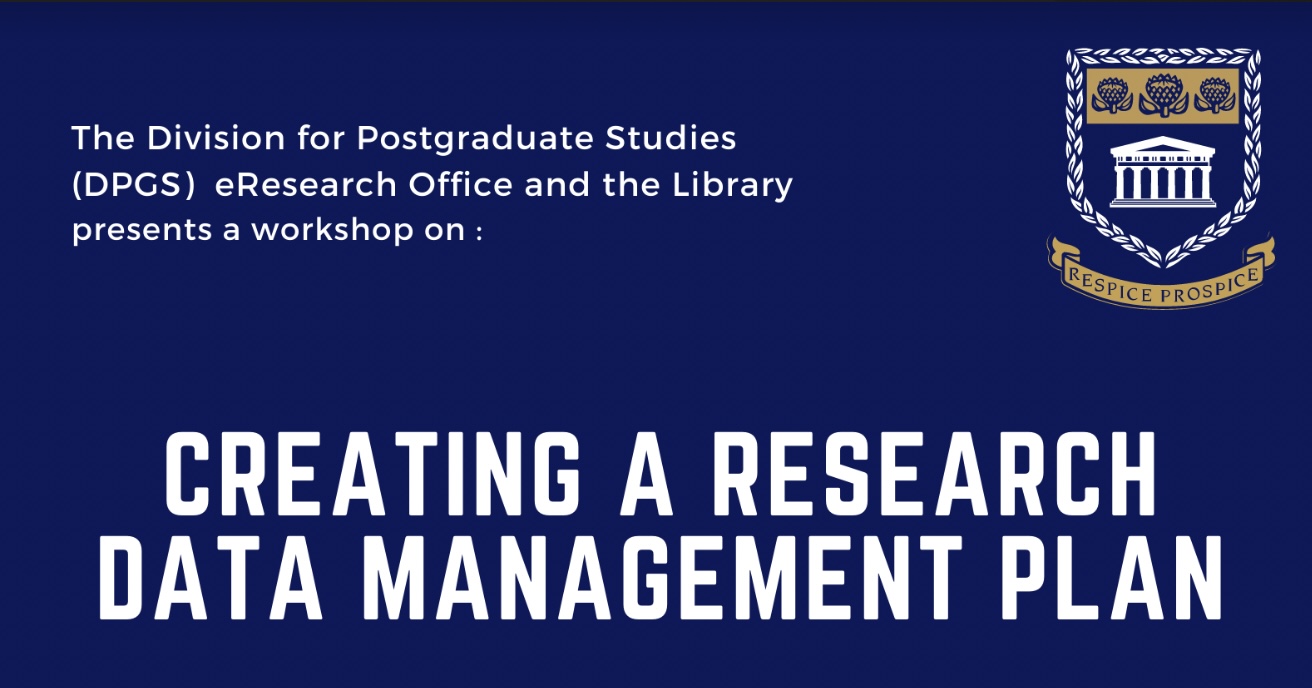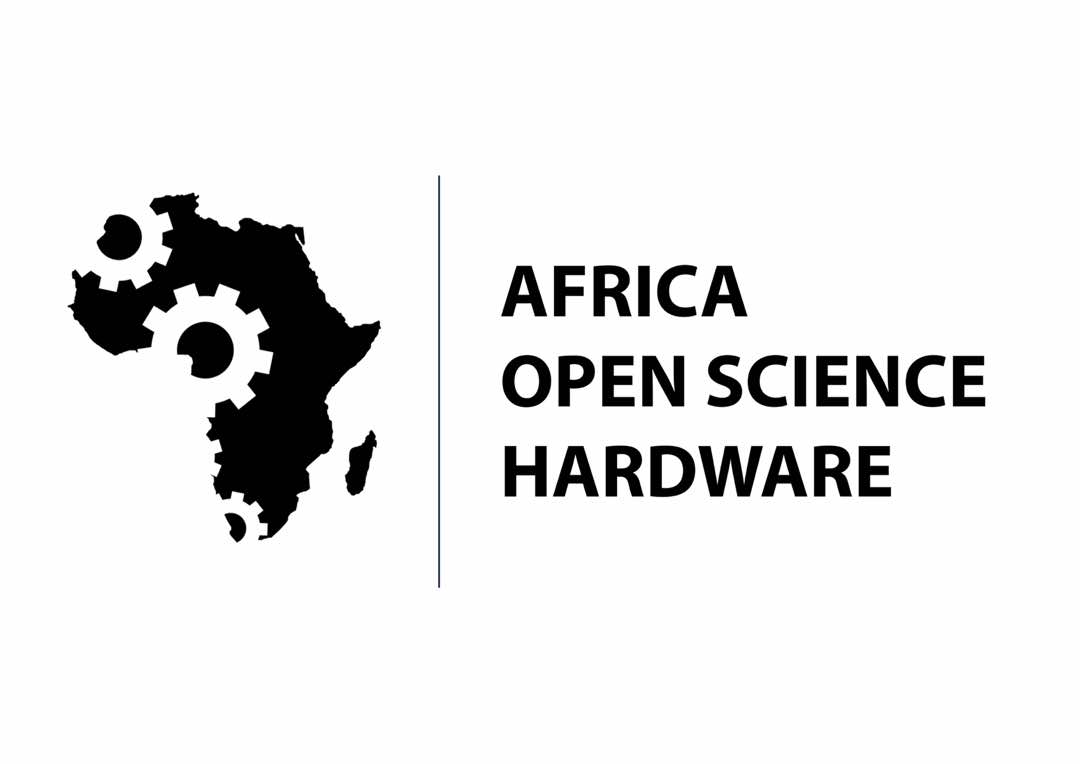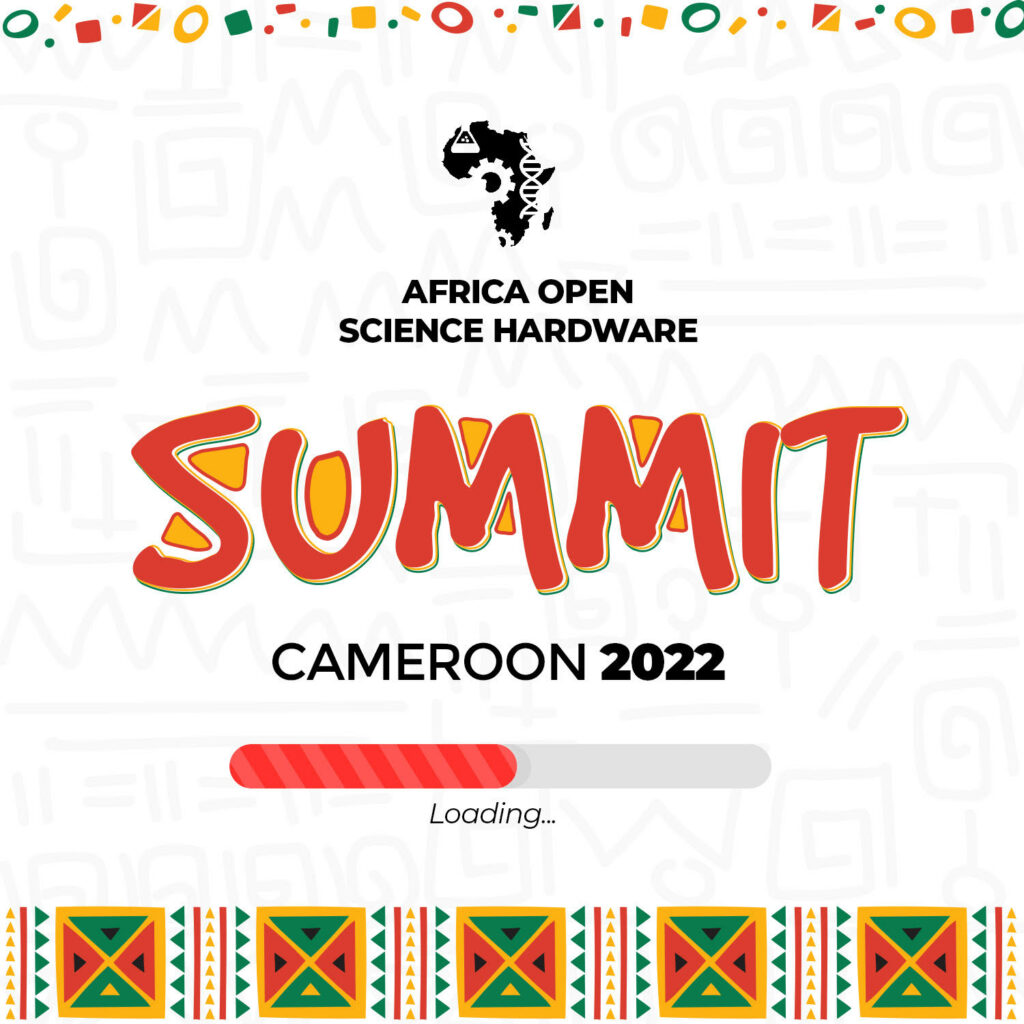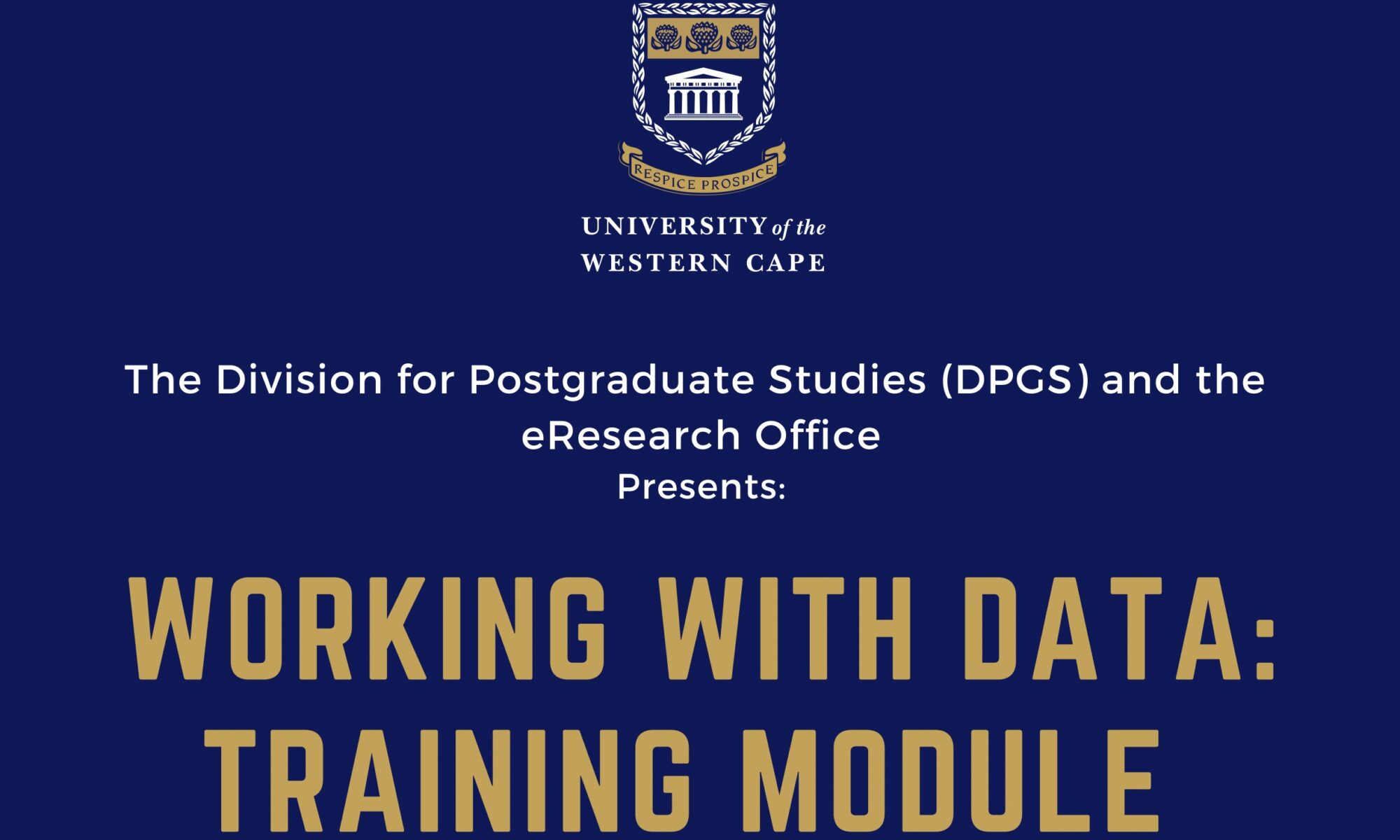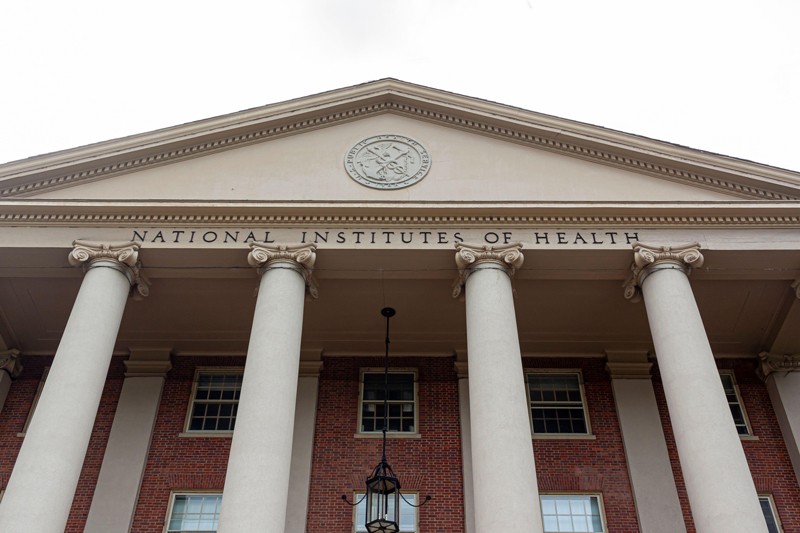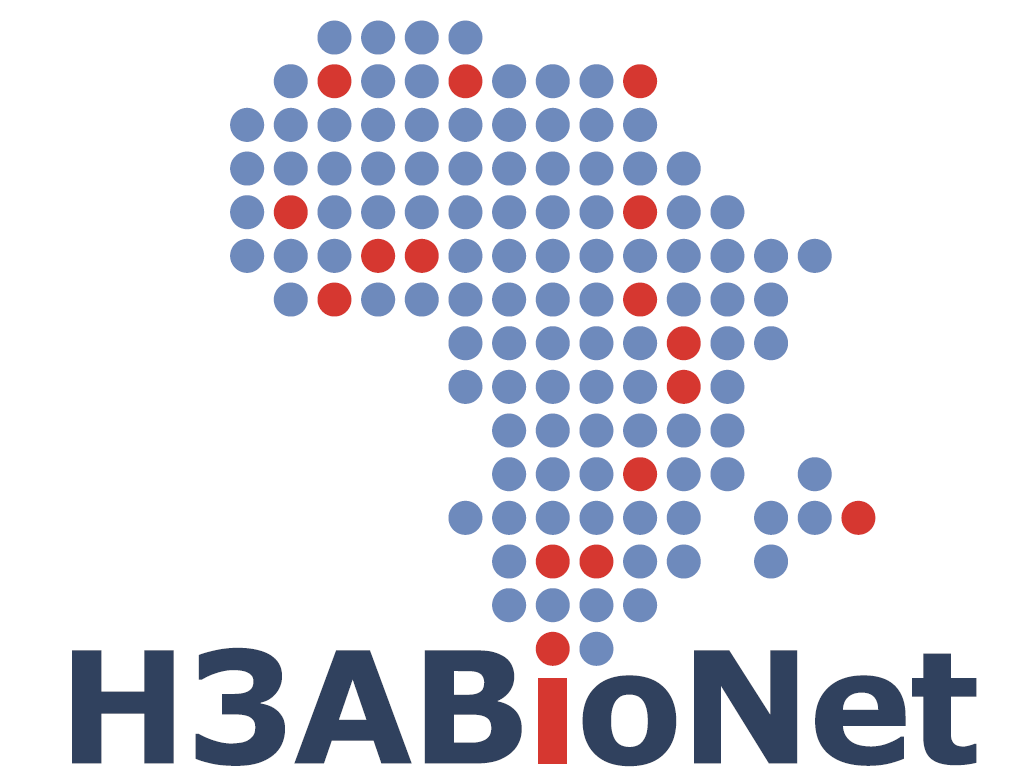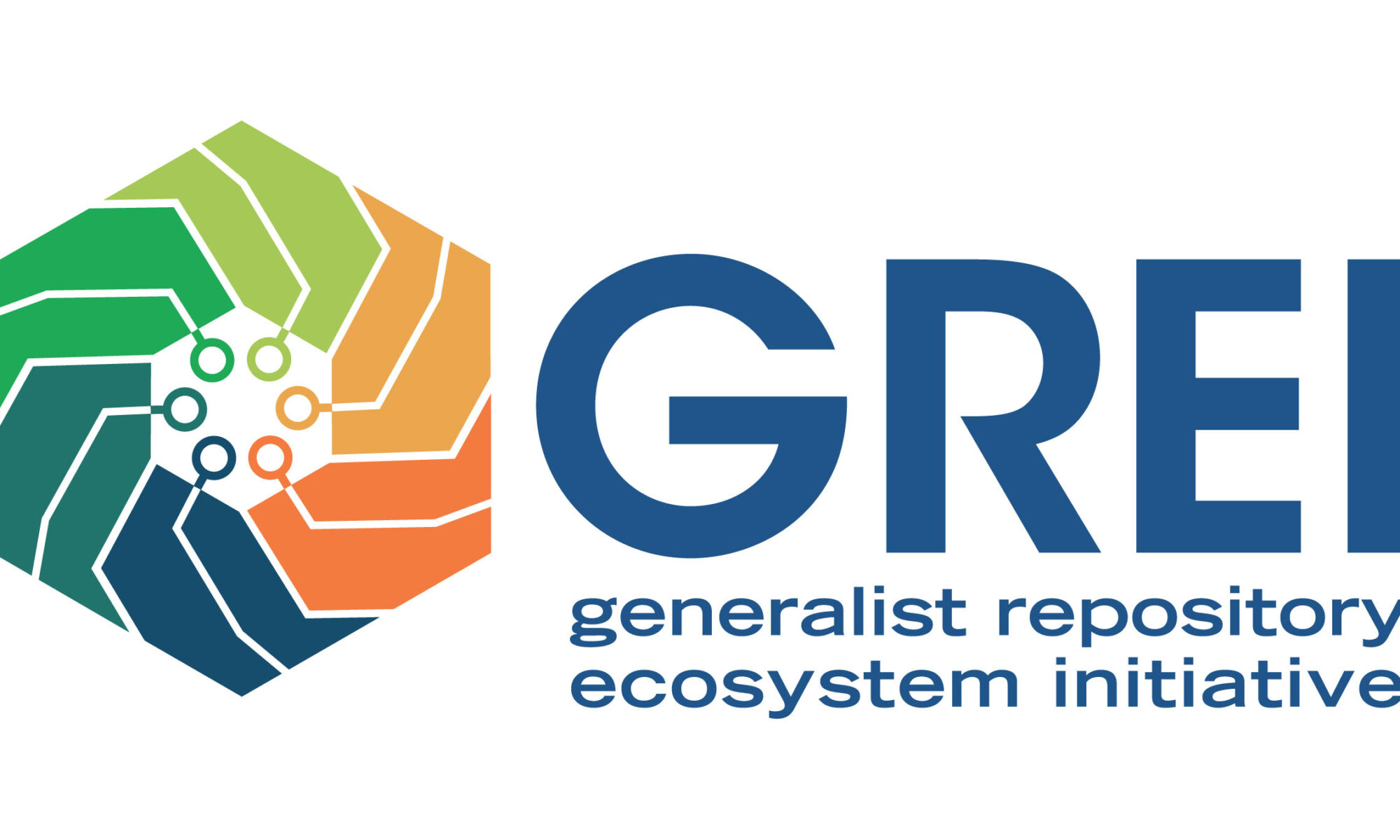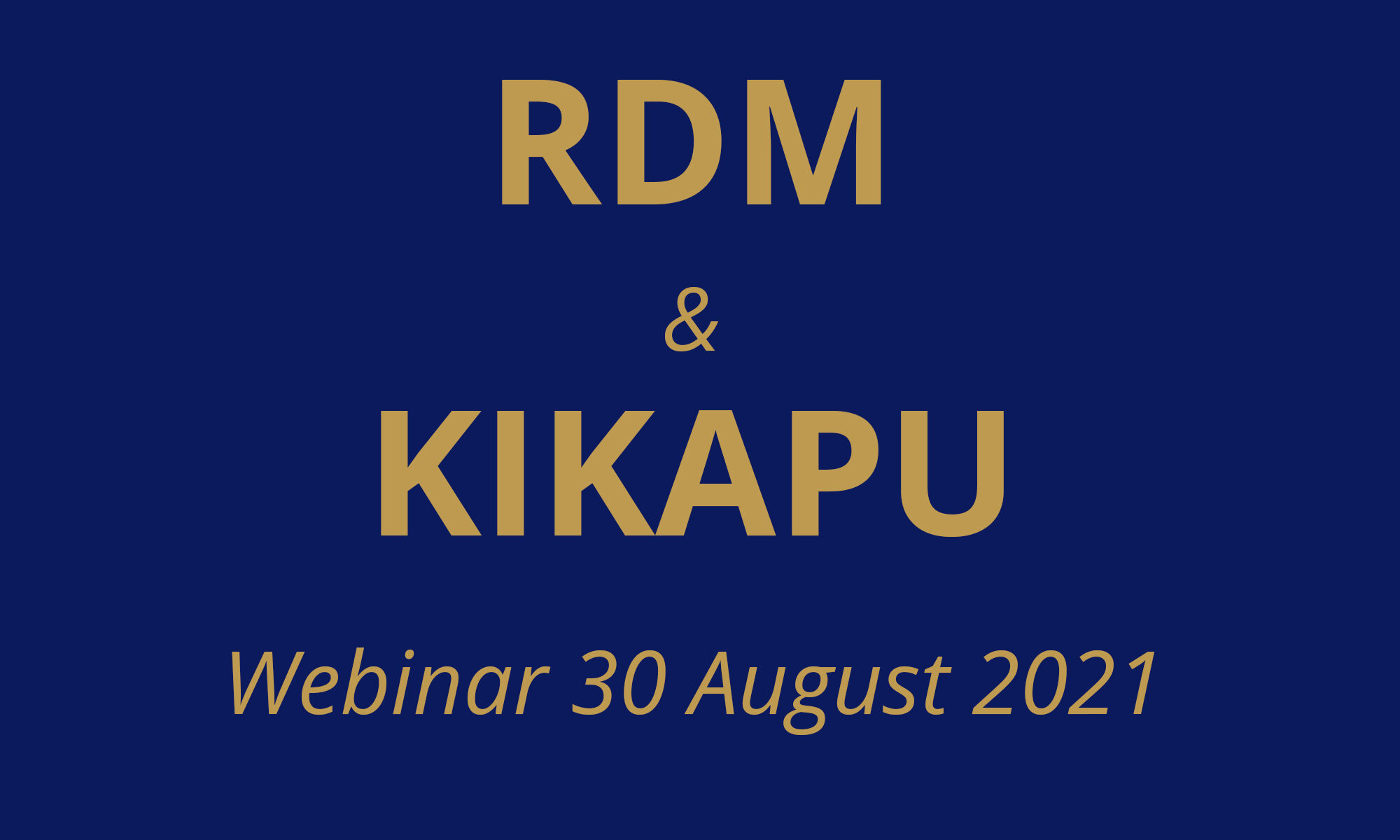Research data management (RDM) is an integral component of the research process. A data management plan (DMP) provides detail of how your research data will be managed. A workshop held on 2 Augusts aimed to provide an overview of what DMPs are, why a postgraduate student would need one, and a practical guide on putting one together.
Workshop contents:
- What is a data management plan (DMP)?
- Why postgraduate students need DMPs
- How to put together a DMP plan
Workshop outcomes:
- Basic understanding of the UWC RDM policy and the POPI Act
- Understanding of the implications of these policies for postgraduate research
- Practical skills for putting together a RDM plan for thesis research
Date: 2 August 2022
Time: 12:00-14:00
Sign up here: https://forms.gle/Fhys6o2hLe64GGEj9
Watch the recording: https://www.youtube.com/watch?v=XNfnrAKJDU4
Facilitators: Mark Snyders (Library), Sarah Schäfer (eResearch Office), and Janine Senekal (DPGS)
